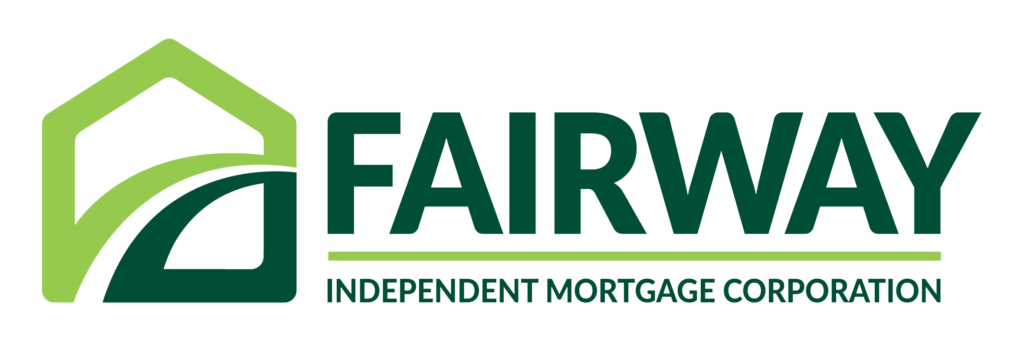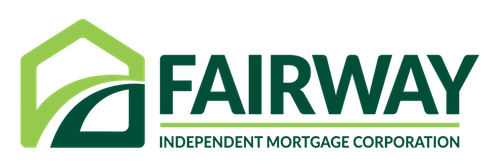Reverse Mortgages: No Longer Just a Loan of Last Resort

Many people have very strong opinions on reverse mortgage loans. Frequently, those opinions are based on misconceptions about what reverse mortgages are and how they work. One such fallacy that continues to live on is that reverse mortgages are just a loan of last resort — something that’s only for cash-strapped homeowners to utilize when all other viable solutions have been exhausted.
In a recent New York Times article titled Reverse Mortgages Are No Longer Just for Homeowners Short on Cash, the author writes: “It was conventional wisdom that a reverse mortgage was a last-resort option for the oldest homeowners who desperately needed cash. But a growing number of researchers say these loans could be a good option for people earlier in their retirement […] who are not needy at all.”
The article spotlights a reverse mortgage borrower who strategically uses a reverse mortgage to enhance her sound financial plan and standing — not as a “last resort” scenario.
“Homeowners in their 60s and early 70s could use cash from a reverse mortgage to protect investment portfolios during market downturns, to delay claiming Social Security benefits or to pay large medical bills,” the article states.
Now more than ever, financial advisors and consumers are viewing the reverse mortgage in a financial planning sense — not only because it offers the borrower access to emergency funds, but also because of the long-term financial planning opportunities its growing line of credit presents.
What is a reverse mortgage and how does it work?
While there are multiple types of reverse mortgages, the most common type is the only one insured by Federal Housing Administration (FHA): The Home Equity Conversion Mortgage (or HECM) loan.
(Note: This article references only to the HECM loan.)
HECM loans are exclusively for homeowners aged 62 and older, and they allow the borrower to convert a percentage of the equity in the home into cash, fixed monthly payments, or a growing line of credit. The borrower can defer repayment of the loan balance, so long as he or she lives in the home as his or her primary residence, no matter how long that may be. Of course, the borrower must comply with all loan terms to continue to defer the loan balance. The borrower’s obligations include paying the ongoing property charges, like taxes and insurance.
It is important to note that a reverse mortgage is not free money. Like any other type of mortgage, the borrowed funds must eventually be repaid, plus any accrued interest and fees. The loan typically becomes due and payable when the when the last surviving borrower permanently moves out of the home. Since a reverse mortgage is a non-recourse loan, the home stands for the debt — not the borrower nor their heirs — so even if the borrower had deferred repayment for a very long time and the loan balance grew to be more than the value of the home, at the time of loan maturity, the sale of the home would satisfy the loan.*
What makes the HECM Line of Credit ideal for financial planning?
There are many advantages to a HECM. Below are some ways that it can be utilized for smart financial planning.
1. It is SECURE.
The HECM line of credit cannot be capped, reduced, frozen, or eliminated, so long as the borrower complies with the loan terms. For example, even if market conditions were to deteriorate, or if the borrower’s financial situation were to suddenly change, the borrower can rest easy knowing their available funds in the HECM line of credit will be there for him or her when needed.
2. It is OPEN-ENDED CREDIT.
Like a credit card, funds can be borrowed from the line as needed, paid back, then borrowed again.
3. It GROWS.
The unused funds available in the line of credit grow at the same compounding rate as the loan balance, and they grow when prepayments are made. In other words, the borrower will have greater borrowing capacity over time, regardless of swings in the value of the home.
Here are some of the ways today’s savvy borrowers are using a reverse mortgage.
1. Refinance a traditional mortgage
Many homeowners aged 62+ are still carrying a traditional mortgage. The cash outlay from the required monthly principal and interest mortgage payments can really add up over time and dimmish their cash flow during a phase in their life when their income tends to be significantly less than it was during their prime working years.
Some borrowers are refinancing a traditional mortgage into a reverse mortgage to free themselves of the burden of fixed monthly mortgage payments. They are still responsible for paying the property-related charges, like taxes and insurance.
Furthermore, you can use a reverse mortgage calculator to determine how much you qualify for.
2. Fund long-term care.
There are many people aged 62+ who don’t qualify for (or are priced out of) Long-Term Care Insurance (LTCI).
Some borrowers are using the HECM’s growing line of credit to help self-fund any future need for their own long-term care. Other borrowers are using it to pay for the cost of monthly premiums on LTCI.**
3. Silver divorce.
Divorce is becoming much more common among those who are 62 and older.
Some couples who are parting ways later in life are using a HECM loan to divide assets. This approach may help one spouse to remain in the home and help them both to avoid liquidating their productive retirement assets, like retirement portfolios, when dividing equity.**
4. Buy a new primary residence.
There are many older-adult homeowners who would like to downsize, upsize, or right-size into their dream home — or simply a new home that better meets their lifestyle in retirement.
Some borrowers are buying a new primary residence using a reverse mortgage — in lieu of a traditional mortgage — to finance part of the home’s cost. There are no required monthly mortgage payments (must pay property-related taxes and insurance), so it feels a lot like an all-cash purchase; however, they get to keep more of their retirement assets to use as they wish.
5. Tax management.
The proceeds a borrower receives from a HECM generally isn’t considered taxable income.
Some borrowers are using the HECM loan as a tax management tool to receive deductions when needed; to withdraw less from IRAs and other taxable sources; or to strategically draw from the line of credit to stay in a lower tax bracket and potentially avoid tax on capital gains.**
6. Portfolio management.
Over the last decade, there has been an emergence of academic research on the strategic uses of reverse mortgages. The result is that homeowners and their advisors are now discussing ways to incorporate housing wealth into retirement planning decisions.
Some borrowers are using the HECM loan as way to coordinate between spending from their investments and their reverse mortgage — to potentially better protect their investment portfolio from market volatility.**
Can a Reverse Mortgage Loan Help You?
While a reverse mortgage could still be a good solution for needs-based borrowers in a jam, the product has evolved to the point that it can be used by a wide variety of older-adult homeowners — from the very affluent to grandparents who seek to live closer to their kids and grandkids. Today’s borrowers are using them for everything from financial planning to lifestyle enhancements.
If you are considering a reverse mortgage for yourself or someone you care about, Fairway Independent Mortgage Corporation is here to help. Please contact us today to learn more.

